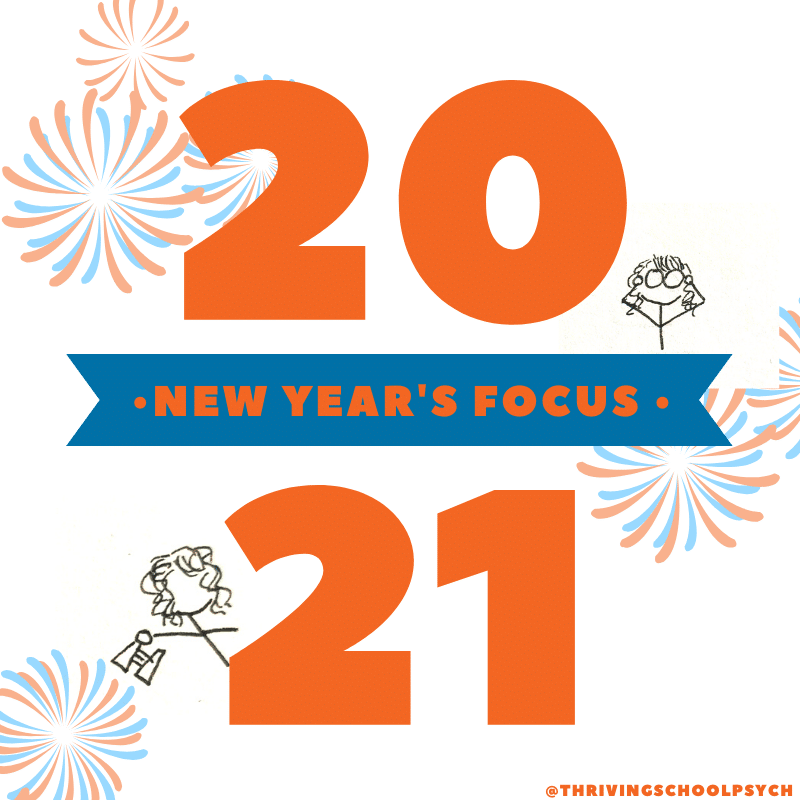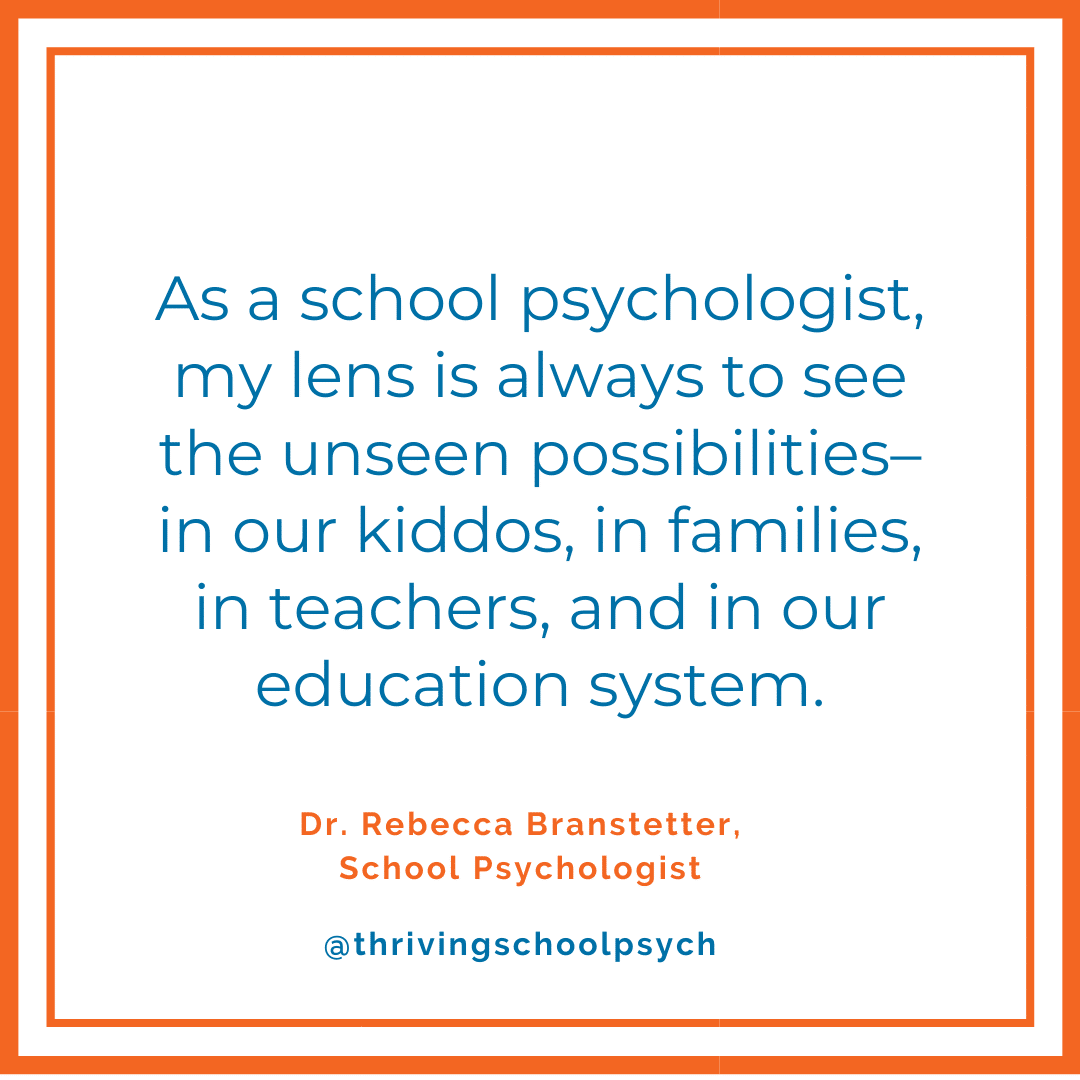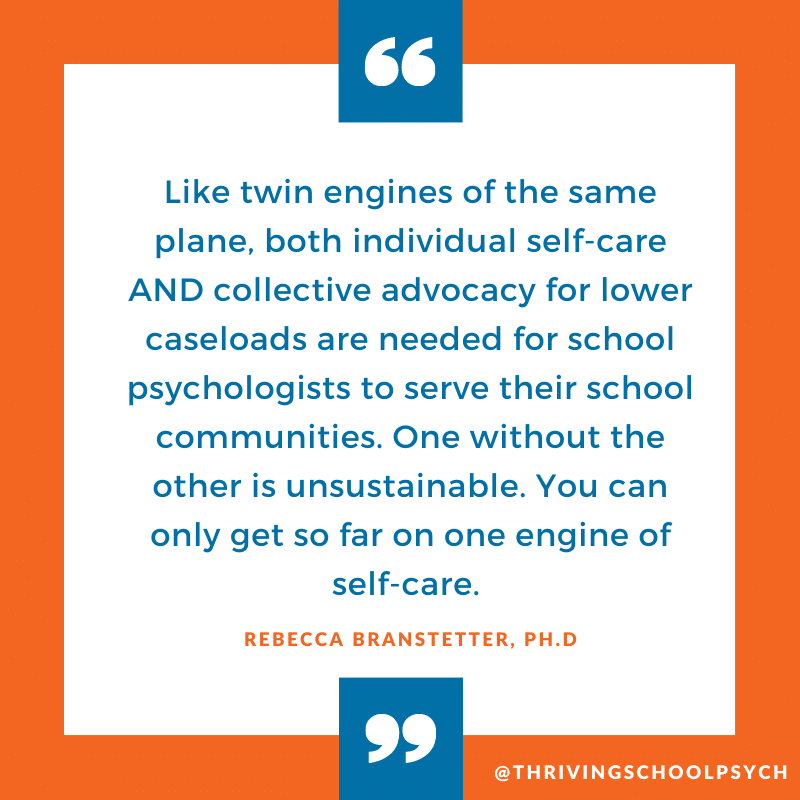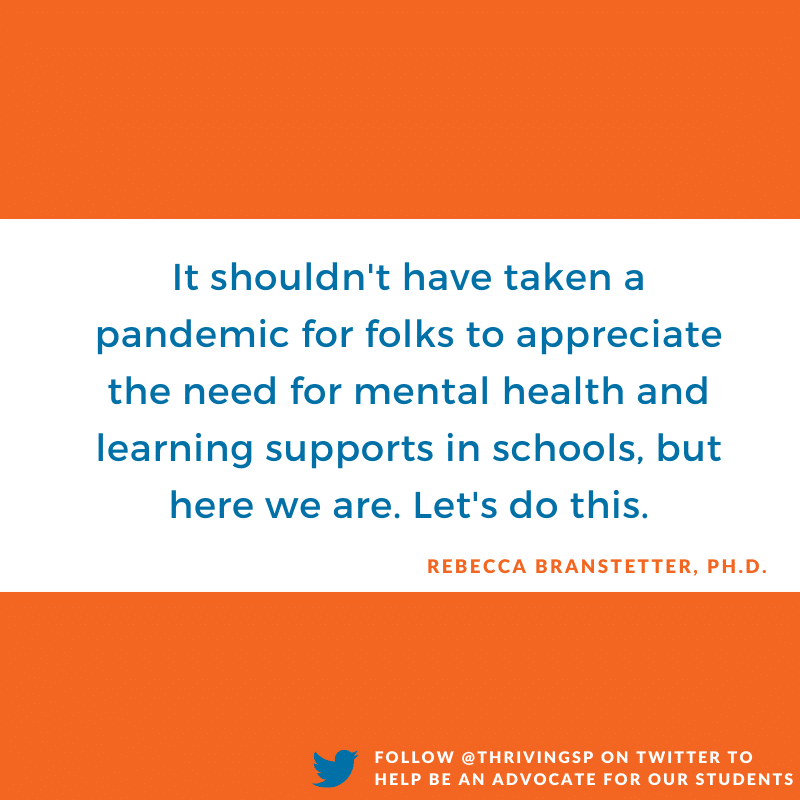
On Vision Boards and Jet Packs…
Happy New Year! Or perhaps more accurate, Happy New Year?
Though we are still in the midst of a pandemic, there’s still something hopeful about shedding 2020 energy and welcoming in 2021.
The dawning of a New Year is a great time to take stock, reflect, and reboot. It’s the time of year where we shift focus on WHAT IS to WHAT IS POSSIBLE.
The ritual of writing down New Year’s Resolutions and getting out the glue stick for my vision board is a time I look forward to every year.
My young daughters join me, and I love that they go nuts on their vision, free from practical boundaries.
Last year, my 6 year old had on her vision board to “fly in a jet pack to touch the clouds.”
My 9 year old put down like 10 different future careers, ranging from being a Kidz Bop Kid to a “Vet who shows people how to take care of animals on YouTube.” Sure, why not? For my girls, these are all in the realm of possible.
When we grow up, we stop dreaming big. Our vision is blurry. And we limit ourselves from possibility and real change.
As a school psychologist, my lens is always to see the unseen possibilities–in our kiddos, in families, in teachers, and in our education system.

This year, I’m especially excited to to throw off the shackles of what is easy or “doable” in 2021 in favor of what really needs to happen in our education system.
My vision about what needs to happen is crystal clear.
But First, 2020.
Every year, I create words to capture my focus for the new year, both personally and professionally. These words guide my decision making and focus, a kind of “north star” intention I keep pointing back to when I go off course.
My personal words on my vision board for the year 2020 were Ease, Joy, and Creation.
Hmmmmm….
EASE is not the word that comes to mind when I think about 2020…
The rollercoaster of events and the dizzying side effects of trying to hold it all together for my family, my work, and myself was exhausting.
It seemed like every time we thought we had dealt with the worst of 2020, it was like “Wait, hold my beer” and punched us in the face again.
We started out thinking that we would be home for a few months, learn to bake bread or something, and then we’d be back to our lives.
Then it became clear we weren’t going anywhere anytime soon.
Then the George Floyd tragedy happened.
Then the President suggested we could inject bleach in our bodies as a home remedy for COVID.
Then all of my home state of California was on fire and we couldn’t go outside for 10 days.
News of hundreds of thousands of loved ones getting COVID-19 shocked the airwaves every day.
Parents were holding on by a thread as they had to learn how to keep afloat with work, bills, and their own stress AND tending to their children during distance learning.
And the list goes on and on.
One day, when I thought things had finally settled down, I made the mistake of musing aloud that I was finally getting in a groove.
The next day, I was having emergency mouth surgery (in the same week as my new book launch and National School Psychology Week, where I was slated to do a whole lot of talking). I did the Facebook Lives and TV appearances anyway and hoped that the swelling just looked like I had purchased Kylie Jenner’s lip plumping kit.
Because, what else can you do in 2020 but keep moving forward?
Finding Joy and Getting Creative…
Even in the chaos, I found my own personal brand of JOY.
Did you? Did you find small moments and ways to be grateful for what you had?
I know I found joy in the little moments with my kiddos, from getting a quarantine puppy to building every Harry Potter lego set we could get our hands on.
I found joy in shifting my mindset from being “stuck at home” to being “safe at home” with my family–and marveling at how tiny moments like the puppy sleeping at the feet of my girls during distance learning, my daughters finding my old Strawberry Shortcake dolls and playing for hours on end, or playing tag in the middle of the day with my daughters and husband, were truly heartwarming.
And you know how they say necessity is the mother of invention?
Did you have to get super creative in 2020?
I know I did. I had little access to kids, so I needed to redirect my focus to those supporting kids–school psychologists in the Thriving School Psychologist course and community and parents.
To my own surprise, I accidentally stumbled upon a well of untapped creativity in 2020 and created a lot this year (nope, not homemade bread, I’m really notoriously unskilled in the kitchen).
I created the Peace of Mind Parenting course to help parents with pandemic parenting, the Make it Stick Parenting Course for parents to support their kids social-emotional learning at home, and wrote my new book, The Thriving School Psychologist in an effort to protect school psychologists from burnout.
I also welcomed over 200 new school psychologists in the Thriving School Psychologist online course, where together, we got suuuuuuuuper creative about how to be virtual school psychologists.
As I just typed that, I can’t even believe all that happened in one year!
Before you are impressed, to be clear, the process was not always pretty.
I didn’t sit at a beautiful desk with a vase of peonies and a cup of herbal tea, peacefully creating with EASE….
There were tears. The creation process was peppered with meltdowns about distance learning (mine and my kids!). There were days I crawled into bed and declared I was unable to “adult” that day.
Most of the creation happened in my “Gar-office,” (the Garage/Office) in the passenger seat of a hot car in my garage, the only spot in the house I could hear myself think. I had adorable land sharks circling me while I worked in my Gar-office and I was interrupted eleventy billion times. My work/life balance was a hot mess.
But I did it anyway, out of my mission as a school psychologist to help kids thrive.
And it turns out, in 2020, that actually looked like helping the ADULTS around them cope.
2020 Vision…Revisited
I’ve long believed that school psychologists are keystones in school systems in helping kids thrive.
School psychologists connect students with needed mental health and learning supports. They walk parents through the complex and emotionally overwhelming process of accessing needed supports. And they serve students directly, each day, in helping them figure out how they learn best, what is getting in the way of their potential, and how to unlock their best selves to feel good about themselves and learn critical social-emotional skills to navigate life.
Every day, school psychologists strive to bring best practices in educational research to the realty of the underfunded and under-resourced school systems they serve.
And some schools are disproportionally under-resourced. That’s why last year, the words for the Thriving School Psychologist were “Equity and Impact.”
We picked them before COVID-19 hit, and they became even more meaningful as 2020 unfolded.
We definitely saw a world that was crying out for EQUITY in 2020 and we answered that cry with a collective call to action.
We also saw the positive IMPACT of school psychologists as we turned on a freakin’ dime to deliver high quality mental health and learning supports…over Zoom.
I jumped waaaaaaaaaay out of my comfort zone last year in the spirit of focusing of equity and impact….
I started hopping on live TV news shows to talk about the importance of mental health in the schools and how to address the critical shortages of school psychologists, especially in low-income communities.
And I didn’t throw up with nerves on the air once! (PR win for school psychs everywhere!)
As we look to 2021, we will always focus on equity and growing our positive impact in supporting students and families. This coming year, we also are turning inward.
2021 in Focus
If school psychologists were twin engine planes, you could say that we’ve been flying with one engine for a long time…and you can’t fly that way without crashing and burning eventually.
Yet that is what school psychologists are doing when we are told to focus on the one “engine” of self-care as the cure for our stress.
We are given impossibly high caseloads and told to also make time to relax.
One in 5 children has a mental health issue that keeps them from learning. That statistic was BEFORE the pandemic.
There is one school psychologist for every 1400 students (and in some areas, double or triple that).
Under these circumstances, we are faced with heart wrenching decisions all day–who gets our attention? Which of the three kids crying in the hallway gets to come into our office for counseling? Who among the miles long list of children to assess for special services gets the help they need first? Do I have time to talk with the parent who is calling me, begging for help? How can I best support the teacher who is on the brink of quitting? When do I focus on my own children and family?
And then I also need to carve out “me time” as the antidote to having too much on my plate?
It’s not sustainable.
Yes, self-care is an important ingredient in the prevention of burnout among school psychologists.
But self-care isn’t enough on its own.
There’s no bubble bath soothing enough to escape the emotional prison of being overworked and underutilized day in and day out.
There’s not a mindfulness app in the world that will sustain us in the long term in systems that do not support us with reasonable caseloads.
That’s why our 2021 words in the Thriving School Psychologist Collective are self-care AND advocacy.
Like twin engines of the same plane, both individual self-care AND collective advocacy for lower caseloads are needed for school psychologists to serve their school communities. One without the other is unsustainable. You can only get so far on one engine of self-care.

Look, the first engine of self-care IS important, so we don’t burn out.
We say YES to learning ways to build self-care in our days, and at the same time, we say also say NO to impossible caseloads.
That why the second engine is ADVOCACY –advocating for ourselves and reasonable caseloads, which ultimately is advocating for enough time and resources for our students to get the mental health and learning supports they deserve.
In 2021, here at the Thriving School Psychologist Collective, we will continue to fight for more school psychologists, more mental health and learning supports, and more equitable schools.
It shouldn’t have taken a pandemic for folks to appreciate the need for mental health and learning supports in schools, but here we are. So let’s do this.
Are you with me?
Do you also see the silver lining of 2020?
Even in “the before times,” school psychologists were advocating for more mental health and learning support in the schools.
We know the power of prevention and early intervention.
We don’t have to only function at the crisis intervention and emotional triage level of service delivery.
School psychologist are ready to help support a system that reaches kids BEFORE they are in crisis.
And unlike my 6 year old’s vision, we don’t even need fancy jet packs for our vision board to come true!
We just need lower caseloads to do our jobs well.
And we need folks to really listen to us when we say that 2021 HAS to be the year we focus on mental health in the schools.
Stressed out kids can’t learn.
Stressed out adults can’t help kids thrive.
The time is now. Are you with me?
